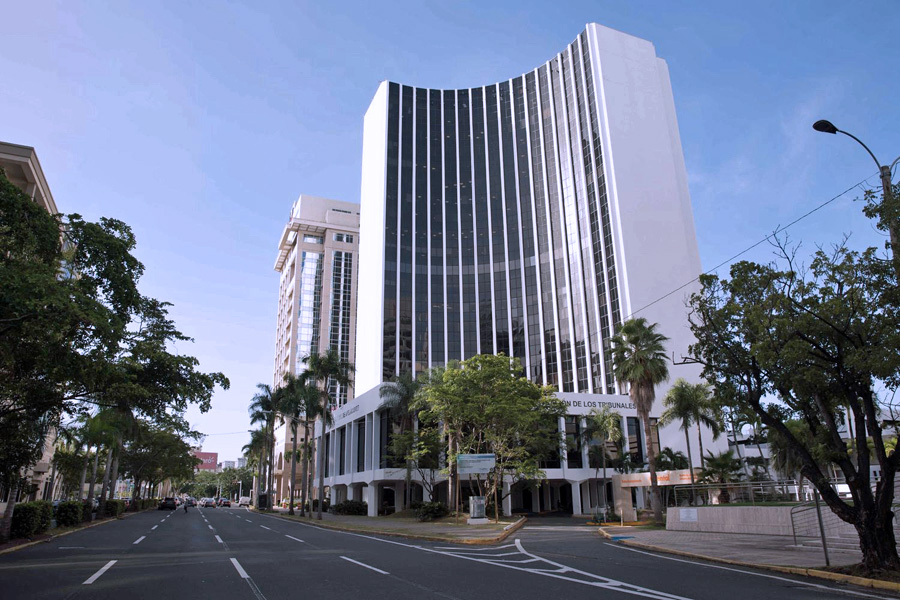Report warns stalled recovery, fragile grid threaten Puerto Rico

Puerto Rico’s economic outlook shows signs of both promise and peril, according to data compiled by Francisco Rodríguez-Castro of Birling Capital, as the island contends with stalled federal reconstruction funds, persistent inequality and a governance crisis following President Donald Trump’s dismissal of nearly all members of the Financial Oversight and Management Board.
The analysis, shared with News is my Business, noted that global growth is expected to slow to 2.8% in 2025, down from 3.3% in 2024, before stabilizing at 3% in 2026. The U.S. economy is projected to expand by 1.8% next year, while Puerto Rico’s growth is forecast at just 1.1% — less than half of its 2024 pace.
Tourism has emerged as a major driver of activity, with 14.5 million visitors in 2024, including record arrivals at the island’s primary airport and double-digit increases at regional airports. Cruise traffic climbed 10% from 2023, though still below pre-pandemic levels.
Other indicators are less robust. Auto sales in 2025 have totaled 101,163 units year to date, a decline of 4.6% compared with last year. The slowdown reflects tighter credit conditions, weaker momentum and the first effects of U.S. auto import tariffs, which Rodríguez-Castro warned could further depress demand in 2026.
Income inequality remains stark. Median household income west of the Manatí-Juana Díaz line is $22,419, less than half the $43,479 reported in the San Juan metropolitan area. Puerto Rico’s poverty rate stands at more than 40%, nearly quadruple the U.S. average.
Despite more than $119 billion in federal reconstruction funds assigned to the island since Hurricane María, more than half — 56.9% — had yet to be disbursed as of late 2024. Rodríguez-Castro said the gap underscores the difficulty of translating federal commitments into economic recovery.
Puerto Rico’s public companies have fared better. The Birling Capital Puerto Rico Stock Index has gained 14.9% so far this year, outperforming the Dow Jones Industrial Average, the S&P 500 and the Nasdaq. Popular Inc. has posted a 26.8% rise, First Bancorp is up 15.7% and Evertec has gained 9.1%.
Rodríguez-Castro argues that Puerto Rico faces a turning point akin to the 1950s, when Operation Bootstrap shifted the economy from agriculture to manufacturing. He outlined a “Four Pillars” strategy he said could add $37.45 billion to the economy: investing in reliable infrastructure, advancing economic competitiveness through regulatory and tax changes, expanding workforce training and addressing inequities in health care and governance.
“The path toward a more efficient, dynamic and competitive Puerto Rico is not theoretical — it is measurable, actionable and achievable,” he wrote.
That vision, however, now collides with political upheaval. On Aug. 5, Trump removed five of the seven voting members of the oversight board, citing inefficiency and secrecy. On Aug. 13, he dismissed Andrew Biggs, leaving only one active voting member. The actions have left the board unable to approve budgets or fiscal plans, raising legal questions under the 2016 Puerto Rico Oversight, Management and Economic Stability Act, and delaying resolution of the Puerto Rico Electric Power Authority’s $8 billion to $9 billion bankruptcy.
Rodríguez-Castro warned that the shake-up could derail essential energy investments at a time when Puerto Ricans endure some of the longest power outages in the United States. He said the dispute risks not only fiscal stability but also Puerto Rico’s ability to modernize its grid, improve resilience to hurricanes and reduce reliance on federal support.
“The world moves quickly: nations compete through innovation, productivity and resilience,” he said. “Yet the island remains caught in the undertow of dependency and fragility. That is the plight we must confront.”




